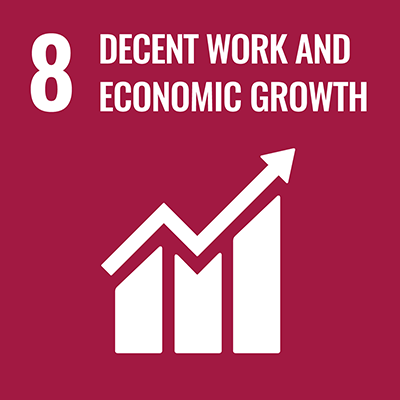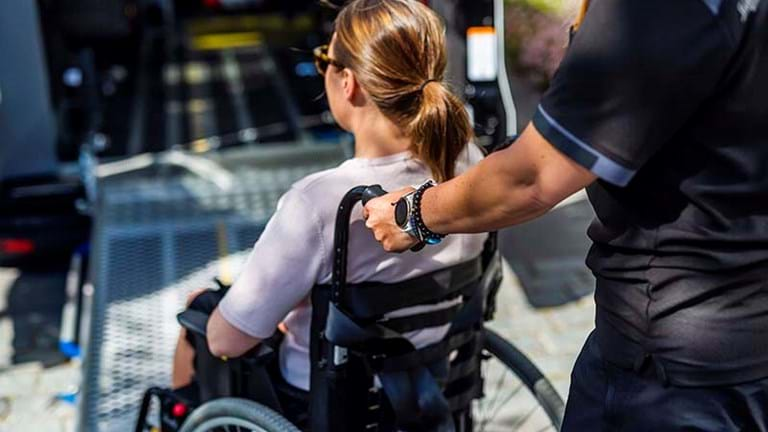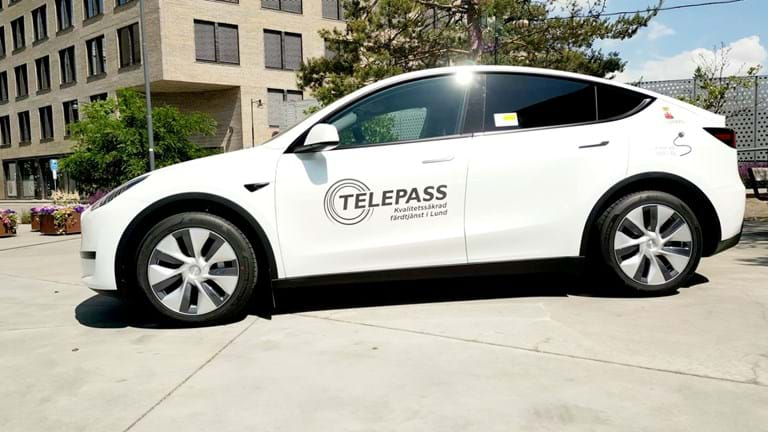Society
Accessibility is one of the greatest challenges facing society today. It is also public transport’s greatest challenge – and its greatest opportunity. Long travel times, frequent delays and few services make people choose other modes of transport while costs increase. Conversely, fast, efficient, comfortable and accessible public transport makes more people want to travel together, which reduces costs and makes public transport even more attractive. This is what Nobina works with every day – offering simple, safe and convenient travel that promotes inclusion and sustainable communities by providing the ability to move between home and work, school, friends and activities. This is also the case for special public transport services, where we create opportunities for people with special needs to have a functioning daily life and to travel and take part in society on an equal basis with others. With 13,000 committed employees, who enable one million people to travel with Nobina’s buses every day, we contribute to social sustainability for travellers and employees, cities and rural areas.

Decent work and economic growth

Sustainable cities and communities

Climate action
Global goal: Sustainable cities and communities
Nobina’s contribution to the goals
Within goal 8,
Nobina strives to ensure that the products and
services we purchase are produced in a sustainable and responsible
manner.
Within goal 11,
Nobina’s greatest contribution is to target 11.2
to provide safe, affordable, accessible and sustainable transport
systems for all, and improve road safety. This means we are expanding
public transport, with special attention to the needs
of those in vulnerable situations or those with special needs –
women, children, people with disabilities and the elderly.
Within goal 13,
Nobina contributes firstly with what we do
every day – enable millions of people to travel together instead
of travelling in individual cars. In turn, this reduces queues and
improves accessibility for other traffic, such as commercial vehicles
and freight. Through the transition to electric vehicles,
we also help to reduce CO2 emissions from fossil fuels.



